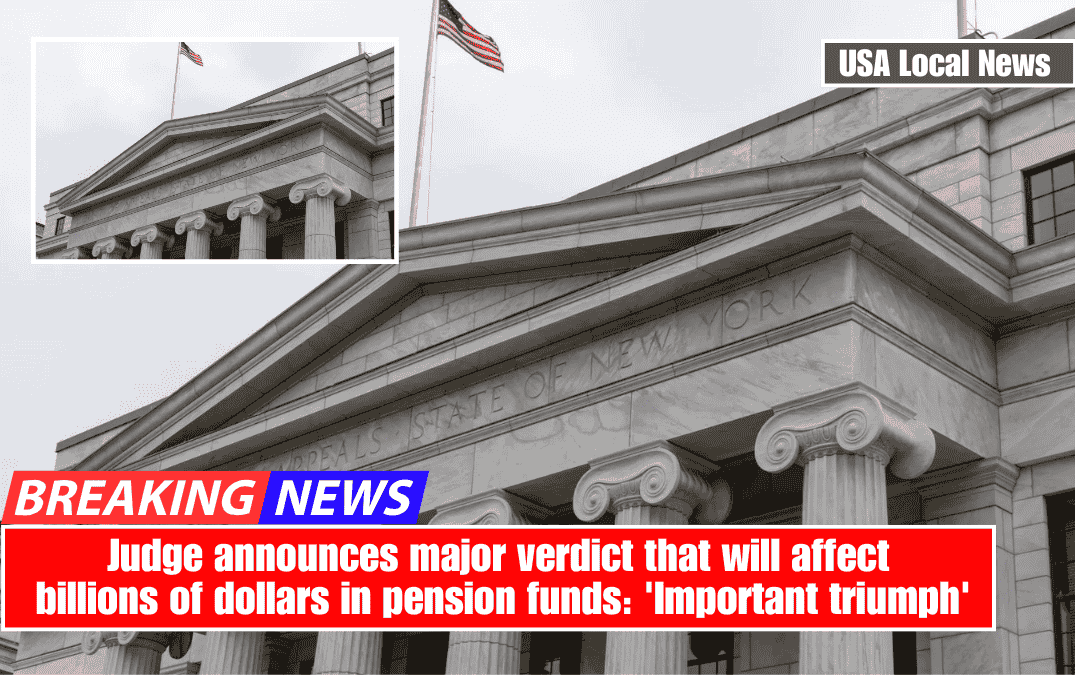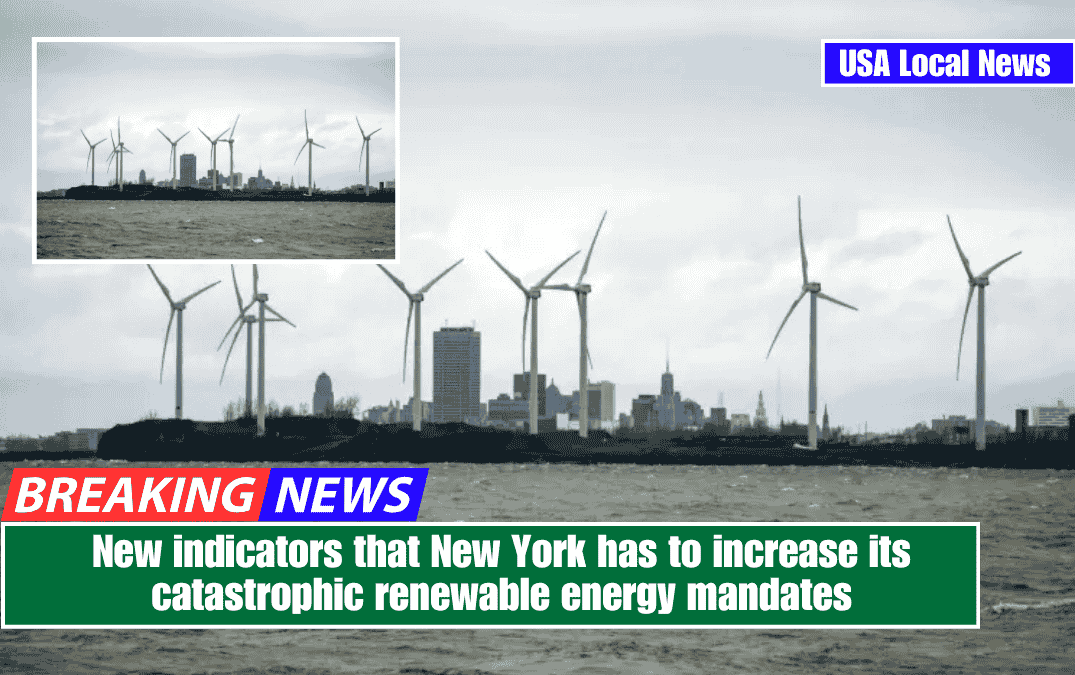A significant legal victory has reaffirmed the ability of New York City’s pension funds to prioritize smart, forward-thinking investments.
As Pensions & Investments reported, the New York State Appellate Court upheld a ruling dismissing a lawsuit challenging the city’s decision to divest from dirty fuels, marking another victory for long-term financial security in an evolving economy.
Four current and former city employees filed the lawsuit, alleging that the pension funds, which represent teachers, public employees, and Board of Education employees, breached their fiduciary duties by shifting away from dirty fuel investments.
However, in a unanimous 5-0 decision, the appellate division of the New York State Supreme Court dismissed the lawsuit, stating that “the plaintiffs’ arguments are speculative” and lacked evidence of financial harm.
New York City’s pension funds manage $208 billion of the city’s total $284.3 billion retirement assets, making them among the largest public pension funds in the country.
Their decision to divest from dirty fuels is consistent with a growing realization that these investments are no longer as reliable as they once were. Long-term trends show that oil and gas companies are struggling to compete with growing clean energy alternatives, despite their historical profitability.
By prioritizing sustainability-driven investments, NYC pension funds protect retiree savings from the financial risks associated with outdated energy sectors.
As the global economy transitions to clean energy, investments in dirty fuels may become liabilities rather than assets. Clean energy stocks have outperformed traditional energy markets in recent years, pointing to a bright future for funds that support this transition.
City Comptroller Brad Lander praised the court’s decision, describing it as “another important victory for fiduciaries tasked with safeguarding pension assets.”
Lander also emphasized the risks of efforts to undermine responsible investing, saying, “These dangerous and misguided attempts by anti-ESG forces threaten the long-term financial security of pensioners for generations to come.”
This ruling confirms that pension fund trustees, who are accountable to the public, have the authority to make investment decisions that reflect economic realities. With dirty fuels on shaky financial ground and renewables expanding, New York City’s shift away from climate-damaging investments is both environmentally conscious and financially prudent.
With more institutions following suit, it’s clear the clean energy transition isn’t just about sustainability. It’s also about smart economics and making financial systems more resilient for future generations.















